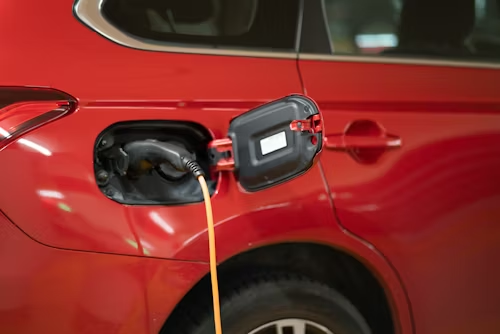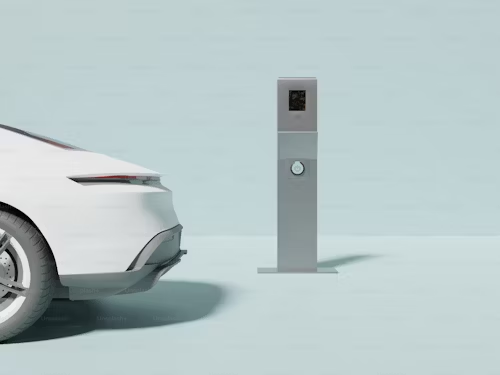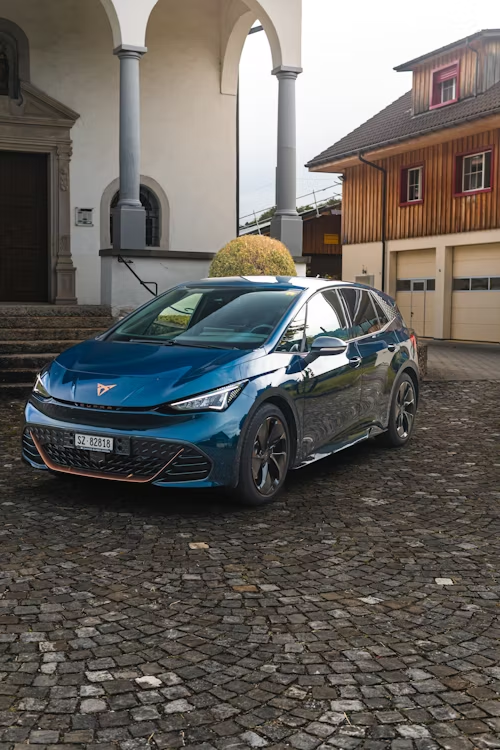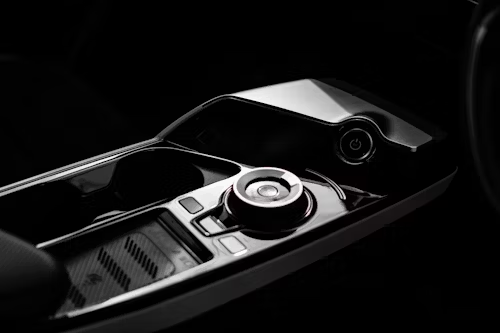Revolutionizing the Road: The Rise of Smart Vehicle Conversions and Energy-Efficient Cars

As the global emphasis on sustainability and efficiency grows, the automotive industry is undergoing a significant transformation. The rise of smart vehicle conversions and the increasing popularity of energy-efficient cars are at the forefront of this revolution. In this detailed exploration, we will delve into how smart vehicle conversions are reshaping the way we think about transport, the benefits of energy-efficient cars, and how you can get involved in this green movement.
Understanding Smart Vehicle Conversions
Smart vehicle conversions involve modifying existing vehicles—often traditional gasoline-powered ones—to include advanced technologies that improve their efficiency, safety, and performance. These conversions are becoming increasingly popular as they allow car owners to enhance their vehicles without the need for purchasing new ones, thus extending the vehicle's life and reducing waste.
There are several types of smart vehicle conversions, including:
- Electric vehicle (EV) conversions: Replacing the internal combustion engine with an electric motor and batteries.
- Hybrid conversions: Adding an electric motor to a conventional engine to create a hybrid system that can improve fuel efficiency.
- Technology upgrades: Incorporating smart technologies such as autonomous driving features, advanced GPS systems, or improved battery management systems.
These modifications not only breathe new life into older models but also contribute to a more sustainable environment by reducing emissions and improving fuel efficiency.
The Advantages of Energy-Efficient Cars
Energy-efficient cars are designed to maximize power output from fuel and minimize waste, which can significantly reduce environmental impact. These vehicles come in various forms, including all-electric, hybrid, and fuel-efficient traditional cars. The benefits of adopting energy-efficient vehicles are vast, encompassing environmental, economic, and personal advantages.
Here are some of the key benefits:
- Reduced Carbon Footprint: Energy-efficient vehicles emit lower levels of greenhouse gases compared to standard cars, which is crucial in combating climate change.
- Cost Savings: Lower fuel consumption means fewer trips to the pump, which can save car owners significant amounts of money over time.
- Increased Resale Value: As demand for greener technology grows, energy-efficient vehicles often retain higher resale values.
- Reduced Dependence on Fossil Fuels: By utilizing alternative energy sources like electricity, these cars help reduce dependency on non-renewable resources.
Furthermore, governments around the world are supporting the shift towards more sustainable vehicles through incentives such as tax breaks, rebates, and grants, making energy-efficient cars more accessible to a broader audience.
The Process of Smart Vehicle Conversions
Converting a vehicle to a smarter, more energy-efficient version involves several key steps and considerations. Whether you’re looking to convert your car to electric, hybrid, or simply upgrade its technology, the process requires careful planning and expertise.
Here’s a general overview of the conversion process:
- Initial Assessment: Evaluating the vehicle's suitability for conversion, including its condition, model, and compatibility with desired technologies.
- Choosing the Right Technology: Deciding on the type of conversion (e.g., EV, hybrid) and the specific technologies that will be integrated.
- Component Sourcing: Acquiring all necessary components such as batteries, motors, controllers, and software.
- Installation: The actual conversion work, which should be done by professionals to ensure safety and efficiency.
- Testing and Troubleshooting: After the conversion, extensive testing is necessary to ensure everything functions correctly and safely.
- Registration and Compliance: Meeting local regulations and standards to ensure the converted vehicle is road-legal.
It's important to engage with professionals who specialize in vehicle conversions to ensure that your vehicle not only meets all operational standards but also remains safe and reliable post-conversion.
Case Studies: Successful Smart Vehicle Conversions
Across the globe, numerous success stories highlight the potential and effectiveness of smart vehicle conversions. From classic cars given a new lease on life with electric motors to conventional vehicles upgraded with hybrid systems, the possibilities are vast and inspiring.
For instance, a classic 1960s sports car might be transformed with an electric conversion kit, maintaining its aesthetic appeal while dramatically reducing its environmental impact. Similarly, a standard family sedan can be equipped with a hybrid conversion kit, enhancing its fuel efficiency and lowering its operating costs.
Getting Started with Your Smart Vehicle Conversion
Embarking on a smart vehicle conversion project can be a thrilling yet daunting endeavor. Here are some steps to get you started:
- Research: Learn about different types of conversions and what might be best for your vehicle and needs.
- Budgeting: Determine how much you’re willing to invest in the conversion. Remember, while upfront costs can be significant, the long-term savings and environmental benefits are substantial.
- Find a Specialist: Look for reputable professionals who specialize in the type of conversion you’re interested in. Their expertise will be invaluable in ensuring a smooth and successful transformation.
- Plan for Downtime: Conversions can take time, so plan for having your vehicle out of commission during the process.
- Post-Conversion Care: Learn about the maintenance and care of your newly converted vehicle to ensure its longevity and performance.
Whether you’re a car enthusiast looking to retrofit your vintage model with modern technology or a daily commuter aiming to reduce your carbon footprint, smart vehicle conversions offer a compelling pathway to more sustainable, efficient, and enjoyable driving experiences. By embracing these innovations, you’re not only contributing to environmental sustainability but also participating in the evolution of the automotive industry.
As smart vehicle conversions continue to gain traction, they represent not just a trend, but a significant shift towards a more sustainable and innovative future in transportation. Make sure to stay informed and consider how you might join this exciting movement towards better, cleaner, and smarter vehicles.




